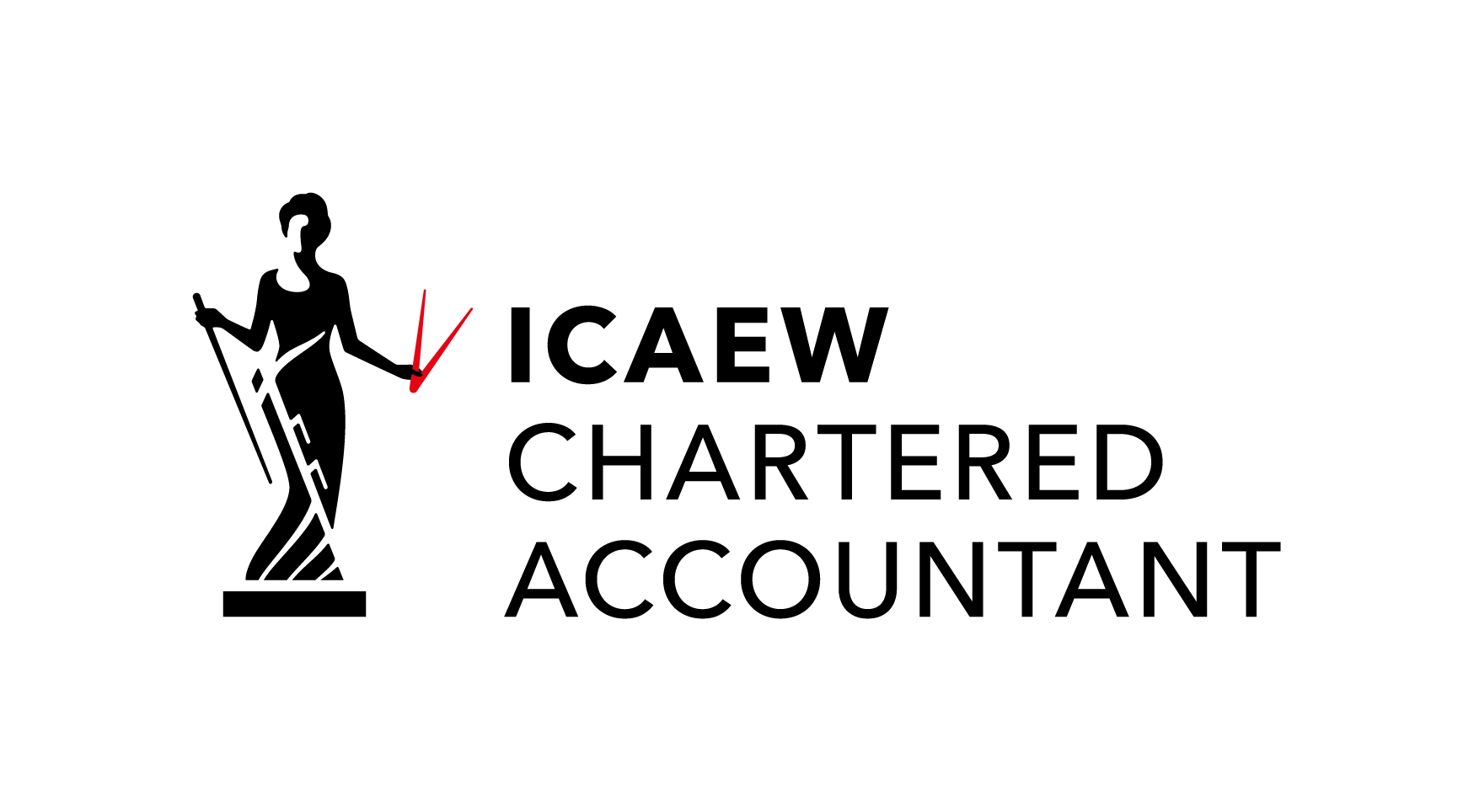Foreign direct investment (FDI) commitments jumped by a whopping 93.34 percent in the first eight months of the current fiscal year, with investment pouring into small-scale businesses following the government’s move to lower the FDI threshold.
According to the Department of Industry, FDI commitments totalled Rs29.13 billion for 253 projects during the review period. The proposed investments have been envisaged to generate employment for 13,169 people.
Most of the proposed FDI is for the establishment of small-scale business ventures, the department’s data shows.
The country received pledges totalling Rs21.83 billion for establishing 238 small-scale business ventures in the review period, which is 74.93 percent of the total pledge made by foreign investors.
In September 2012, the government increased the minimum amount of FDI to Rs5 million for each investor from Rs1.6 million.
Again in June 2019, following criticism by the Nepali private sector, the government jacked up the minimum limit for FDI from Rs5 million to Rs50 million.
The move was initiated after the private sector complained that the minimum threshold should be increased because a lower ceiling would allow foreigners to invest in small businesses such as restaurants and coffee shops rather than encouraging large investments.
However, FDI commitments started to decline after the threshold was raised and the problem was further compounded by the Covid pandemic. It was again revised in 2022.
On May 29, 2022, through the annual budget for the fiscal year 2022-23, the government reduced the minimum threshold for FDI to Rs20 million, from earlier Rs50 million, to attract additional foreign investment amid slowed economic growth.
The department’s statistics show that FDI commitments totalling Rs3.63 billion came for 12 medium-scale ventures during the review period.
FDI commitments for Rs3.66 billion came for three large-scale ventures.
Officials at the department say that South Korean companies have proposed setting up investment companies in Nepal.
Sector-wise, Nepal received the highest investment commitment in the service sector amounting to Rs18.95 billion for 90 projects, followed by Rs6.14 billion in the tourism sector for 115 projects.
The FDI commitment in the manufacturing sector was Rs3 billion for 30 projects.
Officials have been saying that investment pledges by foreigners have increased due to a revision of some policies by the government. The budget for the current fiscal year had made a slew of changes to attract FDI.
The budget statement said that an arrangement would be made to approve foreign investments of up to Rs100 million through an automated system within seven days. The remaining procedures for investment approval and operation take six months.
Private sector representatives said that the growth in FDI commitments was due to the base effect. For example, FDI commitments in the fiscal year 2022-23 were Rs33 billion, significantly down from Rs54 billion in 2021-22.
In the last fiscal year, the actual FDI to Nepal plunged to a nine-year low, due to lax enforcement of trade infringement laws and rampant corruption in the country which drove away potential investors, analysts said.
According to the central bank, capital inflow fell by a steep 67.88 percent year-on-year to Rs5.96 billion in the last fiscal ended mid-July 2023.
“Investors are still in a wait-and-see situation,” said Rajesh Kumar Agrawal, president of the Confederation of Nepalese Industries. “The level of commitment fluctuates every year. This exhibits the state of uncertainty.”
Nepal is a “raw market” and there is immense potential in every sector—from education to health and manufacturing to tourism and hydropower, Agrawal said. “However, political instability is the key challenge. In any country, political instability is deemed as a major discouraging factor for investment.”
Insiders say there is political instability and uncertainties in policies. That is, one government’s priority is usually not continued by another. The perfect example is the FDI threshold, they say.
“Foreign investment needs to be allowed in all sectors which helps bring technology,” said Agrawal.
Industry experts said that foreign investors are looking for government assurance and policy stability to invest in Nepal.
According to them, the entry of foreign investors has eased to some extent. “Now, Nepal needs to ease the process to make foreign investors feel that the exit process too is equally simple,” they said.
The government is organising the 3rd Investment Summit on April 28.
According to the department, in the first eight months of the current fiscal year, the country received FDI commitments of Rs240 million for four agro and forestry ventures, Rs340.67 million for eight communication and information technology ventures, and Rs360 million for four infrastructure-related ventures.
The minerals sector received commitments totalling Rs85.94 million for two projects.
During the review period, the department recommended 1,581 business visas for foreign investors, 208 for representatives, and 628 for their dependents.
The approved repatriation amount of royalty was Rs1.53 billion in the first eight months of the current fiscal year, a decrease from Rs2.08 billion in the same period last fiscal year. Likewise, the government approved repatriation of dividends worth Rs9.01 billion during the review period.
Interestingly, despite the huge pledges, the actual FDI inflows remained disappointing.
According to the Nepal Rastra Bank, the net FDI inflow remained at Rs5.18 billion in the first seven months of the current fiscal year, ending mid-February.
According to the survey report on Foreign Direct Investment in Nepal 2021-22 published by the central bank, there is a significant gap between approved FDI and actual net FDI inflows in Nepal. Between 1995-96 and 2021-22, the total actual net FDI inflow stood at around 36.2 percent of total FDI approval.
Source: FDI pledges jump 93.34 percent to Rs29.13 billion (kathmandupost.com)


